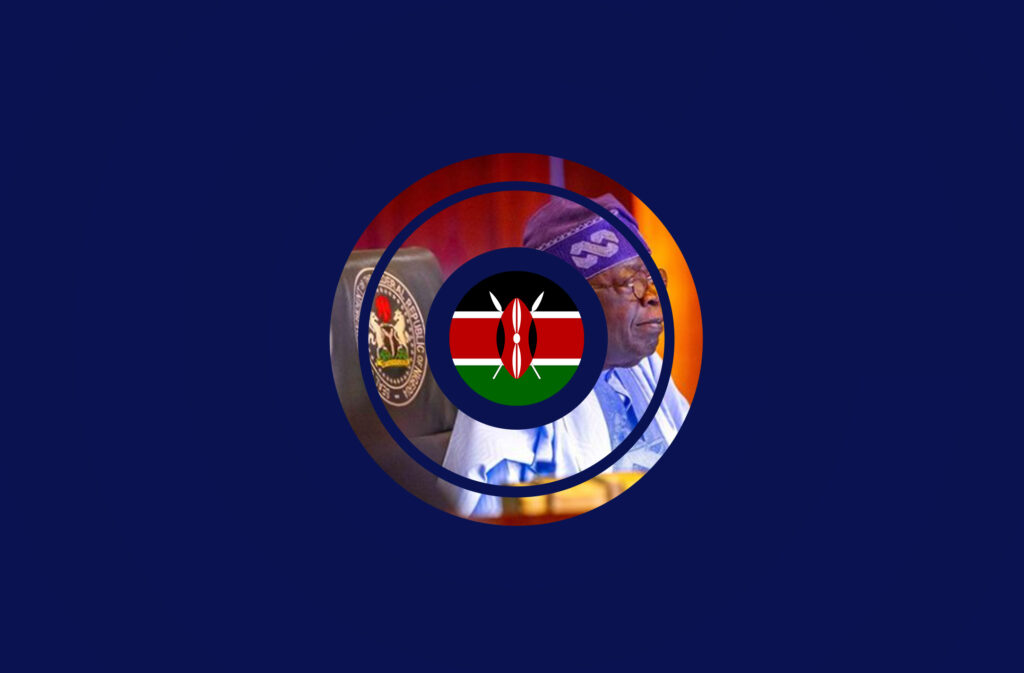
Kenya’s National Treasury is taking a bold step into the future of digital economy management by proposing a 1.5% digital tax on local online platforms. This innovative measure, awaiting parliamentary green light, aims to encompass services spanning from online jobs and rentals to food delivery and ride-hailing. Njuguna Ndung’u, the esteemed Cabinet Secretary for the National Treasury, is spearheading the proposed amendments to the Finance Bill 2024. These amendments are designed to bring foreign companies with operations in Kenya into the digital service tax fold.
The proposal sets a precedent for taxing major international tech companies like Amazon, Alibaba, and Netflix, which, despite lacking a physical footprint in Kenya, will be obligated to remit a 20% Economic Significant Presence Tax on their total income from the country. This strategic move aims to ensure that digital enterprises contribute their fair share to the Kenyan economy.
Moreover, the bill seeks to adjust the tax rates on mobile airtime and data, proposing an escalation from 15% to 20%. This adjustment aligns with the government’s ambitious objective to mobilize an additional $2.5 billion in tax revenue for the forthcoming fiscal year starting in July. It also plans to heighten the excise duty on fees for mobile money transfers and traditional bank transactions from 15% to 20%.
This increased taxation may prompt telecommunication companies to hike fees for transfers and withdrawals, potentially steering Kenyans back towards cash transactions. This shift comes amidst projections by Statista that forecast a significant upswing in the country’s Digital Banks market, with an expected surge in Net Interest Income to US$19.69 million by 2024.
Notably, the proposal exempts Kenyan residents running online platforms for goods and services exchange from the digital services tax, as they are already liable for a 30% corporate income tax. Since its implementation on January 1, 2021, Kenya’s digital services tax has targeted the sale of digital content, including e-books, films, music, and games, with expectations from the Kenya Revenue Authority (KRA) to collect Sh13.9 billion ($106 million) within its first three years.
Further strengthening its tax compliance measures, the KRA is set to unveil a new transfer pricing database in April 2024. This tool is aimed at enhancing the scrutiny of multinational company transactions for tax evasion and compliance.
Amid these developments, the African Development Bank has sounded an alarm over the potential for social unrest due to rising living costs in some African countries. With digital taxes becoming more prevalent across the continent, as evidenced by Ghana’s recent move to tax the foreign incomes of its residents and Nigeria’s telecom tax reintroduction plans, it’s clear that African nations are actively seeking innovative ways to fill revenue gaps and bolster their digital economies.
To stay ahead in navigating the complexities of regulatory changes and ensuring your business remains compliant, subscribe to Compliance Tracker. By subscribing to Compliance Tracker, you’ll gain first-hand access to the most current updates on new regulations and changes across Africa. Don’t let regulatory changes catch you off guard. Subscribe here to Compliance Tracker today and be the first to know, ensuring your business operations remain smooth and compliant.
Last modified: May 17, 2024



